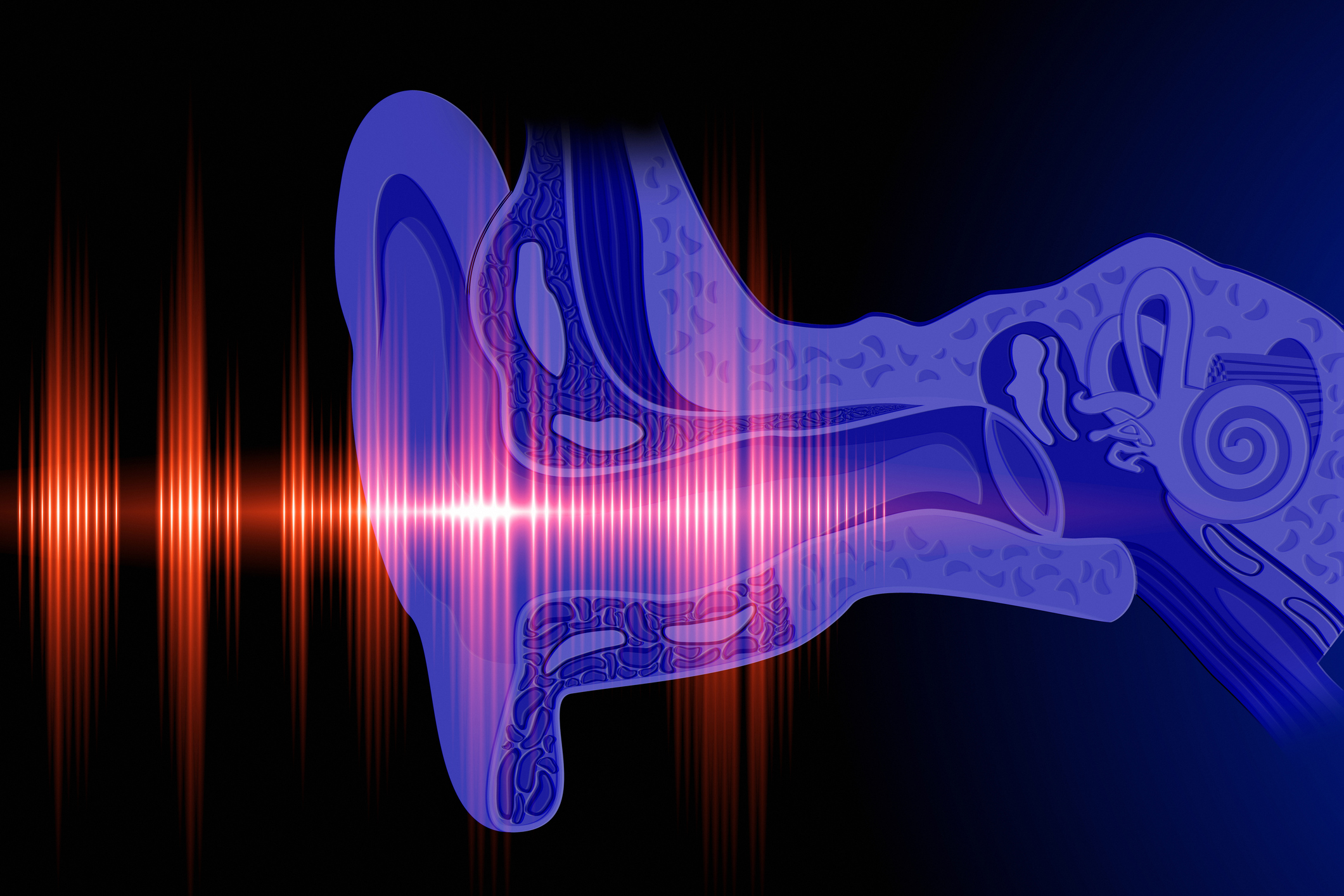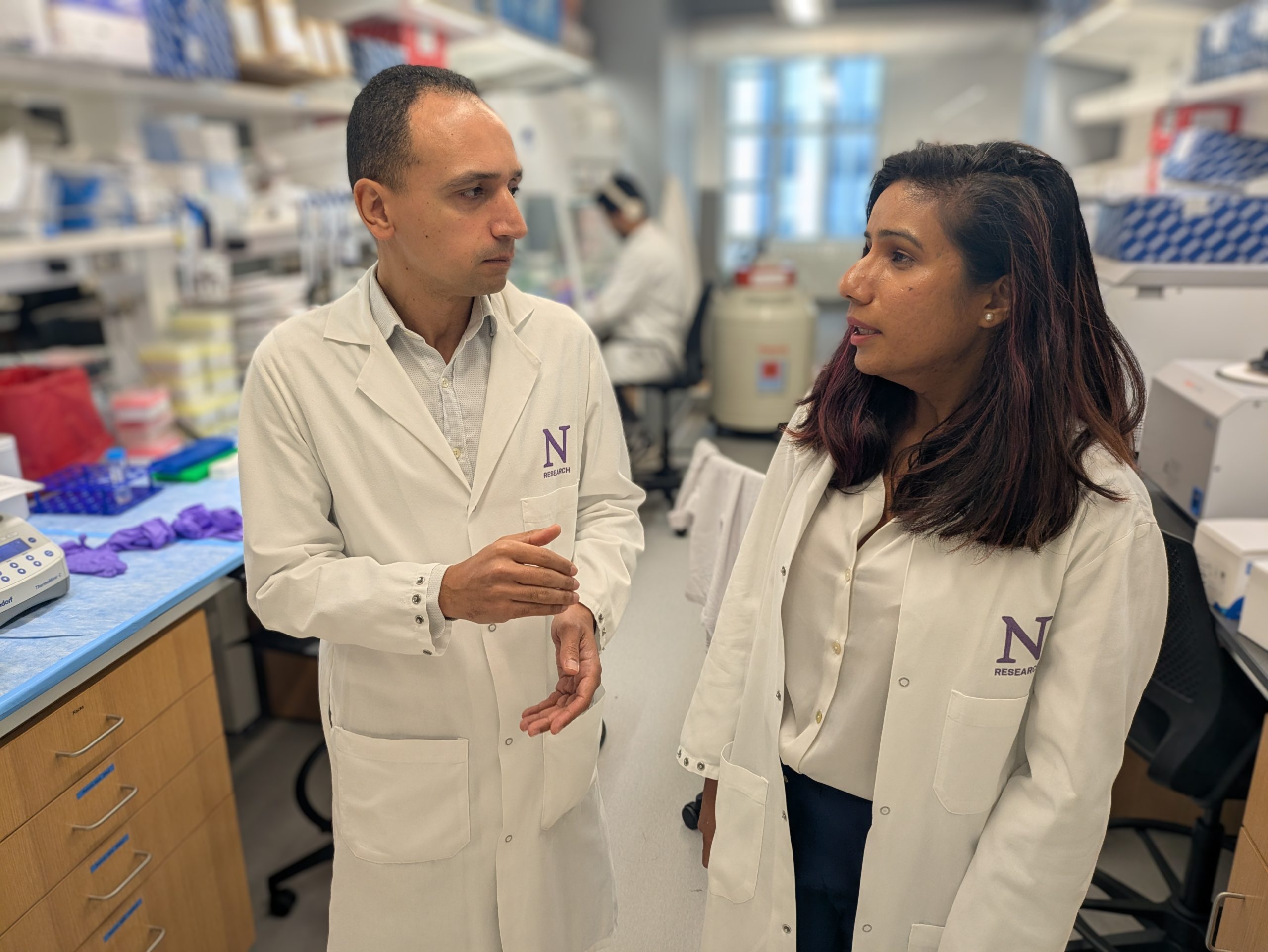Media Coverage
The work done by Northwestern University Feinberg School of Medicine faculty members (and even some students) is regularly highlighted in newspapers, online media outlets and more. Below you’ll find links to articles and videos of Feinberg in the news.
-
TODAY
–
Toxic shock syndrome risks: Are tampons or menstrual cups safer?
Dr. Angela Chaudhari welcomed the new study. “The menstrual cup is becoming really popular among the college age female population,” said Chaudhari, an assistant professor in the division of minimally invasive gynecology at Northwestern University’s Feinberg School of Medicine. “That’s because unlike tampons you don’t have to throw it out. You can just wash it.” There’s been an assumption that the menstrual cup is safer, but the new study suggests that’s not true, Chaudhari said.
-
Chicago Tonight – WTTW
–
Parkland Shooting Survivor Wants Fresh Focus on ‘Never Again’ Movement
“I really want this to, kind of, create a snowball effect. I want this to be something where our generation is a key part in changing everything because it starts with us. The adults, there’s onely so much they can do. We have to want more for ourselves and for generations to come,” Sales said. The frank discussions Sales, Ho-Shing and the other students at Thornwood had on Thursday came as Northwestern University released a new study that shows an increase in the number of Chicago students who self-reported carrying guns between 2007 and 2013, even as numbers remained flat in New York – where the rate is less than half of Chicago – and declined in Los Angeles.
-
U.S. News & World Report
–
Chicago’s Gun-Toting Students Outnumber Those of New York, Los Angeles: Study
Specifically, students in Chicago reported being exposed to a higher level of risk factors for violence, such as bullying, schoolyard fights, drug abuse and even general feelings of despair, the study said. “Kids in Chicago are experiencing multiple layers of violence and fear of violence in school on a daily basis,” said study co-author Dr. Karen Sheehan, a professor of pediatrics and preventive medicine at Feinberg. Researchers cited such factors as entrenched poverty and unemployment, particularly in communities that remain highly segregated by race and ethnicity, as issues contributing to a climate of fear and violence.
-
Reuters
–
Chicago’s gun-toting students outnumber those of New York, Los Angeles: study
Specifically, students in Chicago reported being exposed to a higher level of risk factors for violence, such as bullying, schoolyard fights, drug abuse and even general feelings of despair, the study said. “Kids in Chicago are experiencing multiple layers of violence and fear of violence in school on a daily basis,” said study co-author Dr. Karen Sheehan, a professor of pediatrics and preventive medicine at Feinberg.
-
Crain’s Chicago Business
–
Chicago teen gun ownership rises even as it falls in L.A., N.Y.
A new study by Northwestern University’s Feinberg School of Medicine offers a revealing factoid on Chicago’s murder wave of the past few years—but it’s not clear what is the cause, and what is the effect. According to Feinberg research published in the medical journal Injury Epidemiology, the share of high school freshmen and sophomores here who carry guns was 9.21 percent in 2013, the latest year for which complete figures are available. Feinberg’ s Samaa Kamal, Karen Sheehan and Joe Feinglass based their report on responses to the Youth Behavior Risk survey, a survey in which students voluntarily answer questions anonymously. “Our findings suggest that there is a clear link between the increase in Chicago students carrying guns in 2013 and the city’s spike in gun violence in 2016,” Feinglass said in a statement. “The city was fertile ground for this increase in shootings.”
-
The Wall Street Journal
–
Gene Therapy Shows Promise in Patients with a Blood Disorder
“This is what we hope will be a breakthrough in finding a way to treat a lifelong, debilitating blood disorder with a one-time treatment,” said Alexis A. Thompson, one of the paper’s lead authors and head of hematology at the Ann & Robert H. Lurie Children’s Hospital of Chicago. An estimated 288,000 people worldwide suffer from βbeta-thalassemia, in which genetic mutations cause the body to make insufficient beta globin, a molecule needed to produce healthy red blood cells. Patients’ defective red blood cells often die before they fully mature, resulting in anemia, or they burst open while in circulation, releasing iron into the bloodstream that can cause organ damage.
-
CNN
–
Gene therapy helps patients avoid blood transfusion, study says
Results of the small study, which involved two early clinical trials funded by biotechnology company Bluebird Bio, were published Wednesday in The New England Journal of Medicine. Phase three of the trial is currently underway. “The standard procedure for a curative option for thalassemia would be a bone marrow transplant from a brother or sister, which is not without significant risk, but more importantly, most people will not have that appropriate sibling donor,” said Dr. Alexis Thompson, head of hematology and director of the Comprehensive Thalassemia Program at Ann & Robert H. Lurie Children’s Hospital of Chicago, who led the new research. The study “actually allows us to envision treating thalassemia with curative intent using the patient as their own donor,” she said.
-
U.S. News & World Report
–
Should You Pass on Getting a Rectal Exam to Screen for Prostate Cancer?
Family physicians and internists also have many responsibilities competing for their attention in a short visit, like staying up on continually evolving recommendations in many other areas from blood pressuring monitoring to screening for high cholesterol. “It’s not a criticism of primary care physicians – they have many, many things on their plate,” says Dr. Edward Schaeffer, chair of urology at Northwestern Memorial Hospital and a professor of urology at Northwestern University in Chicago. So I understand why the data suggests it’s not a good test in the hands of … a primary care physician, but I don’t think that means that the test is a bad test. If you ask me to interpret an echocardiogram, I couldn’t do it.”
-
National Public Radio
–
Gene Therapy For Inherited Blood Disorder Reduced Transfusions
Gene therapy is showing promise for treating one of the most common genetic disorders. Results of a study published Wednesday show that 15 of 22 patients with beta-thalassemia who got gene therapy were able to stop or sharply reduce the regular blood transfusions they had needed to alleviate their life-threatening anemia. There were no serious side effects.”We’re extraordinarily excited about these early results,” says Alexis Thompson, a professor of pediatrics at the Northwestern University’s Feinberg School of Medicine, who helped with the study released Wednesday. “For the first time ever, we have a treatment that we might offer to all our patients,” says Mark Walters of the University of California, San Francisco, who also helped conduct the study.
-
Chicago Tonight – WTTW
–
Safe Drinking Study Suggests Alcohol Guidelines for Men Too Loose
One key finding is that men cannot safely consume more alcohol than women. That finding directly contradicts guidelines issued by the National Institute on Alcohol Abuse and Alcoholism (NIAAA), which defines moderate drinking as one drink per day for women and two for men. Dr. Evan Goulding is an assistant professor of psychiatry at Northwestern University Feinberg School of Medicine where he specializes in treatment of addiction. He says the study looks pretty comprehensive. “It’s a big study and it looks like it is pretty solid,” said Goulding. “It’s pretty consistent with the evolving literature.”






